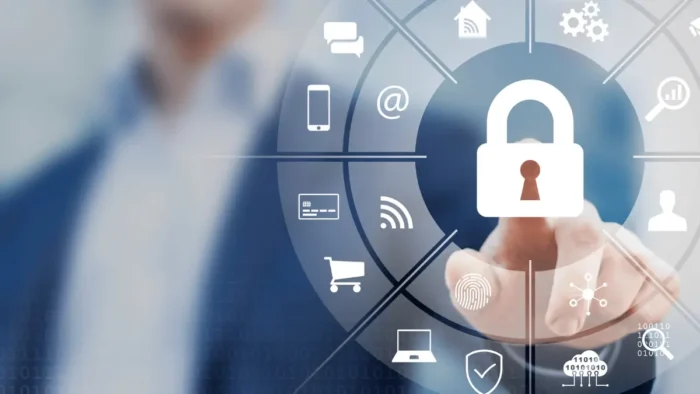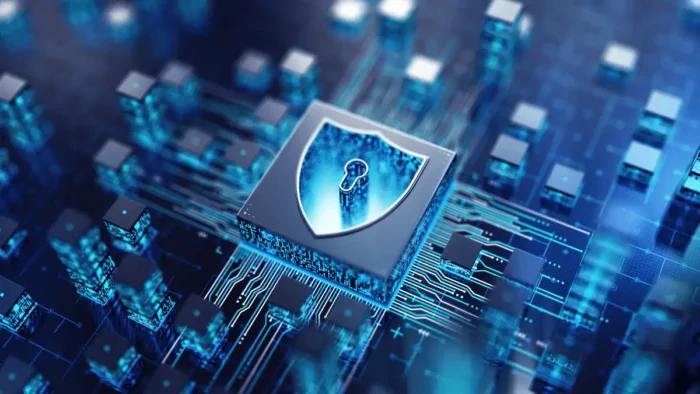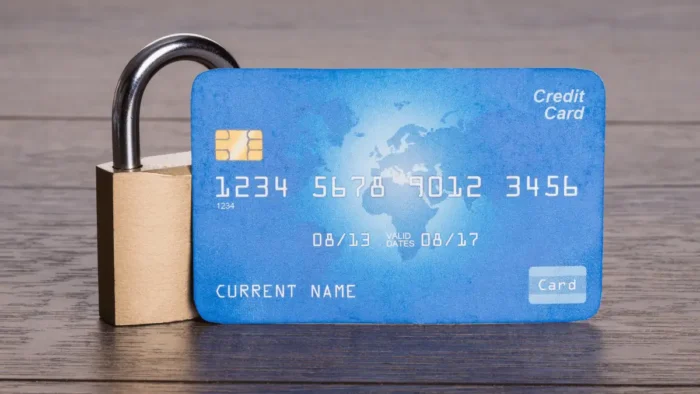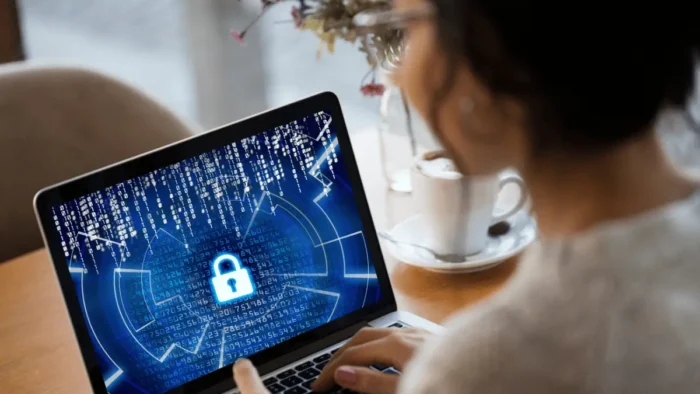In today’s society, online activities have become indispensable. However, along with the benefits, there has been an increase in security risks. Ensuring a secure online experience is paramount when sharing valuable information online and conducting digital transactions.
This blog post focuses on the technology necessary to achieve a secure online experience and provides information to help you understand and implement it. We’ll delve into securing websites, protecting personal information, creating strong passwords, choosing security software, and defending against social engineering attacks. Here, you will find the means to enhance your online security and safeguard your online privacy.
The Importance of Internet Security
When sharing information online, security is of paramount importance. There are various risks to consider, such as personal information leakage, cyberattacks, and fraud. If personal information falls into the hands of malicious third parties, the risk of identity theft and becoming a target for fraud increases significantly.
Cyberattacks can destroy important data and files, compromising online privacy. Fraudulent activities may deceive you into disclosing confidential information, potentially resulting in financial losses. Understanding these risks and implementing security measures is the key to safely navigating the online world.
Passwords and Authentication
Creating strong passwords is fundamental to online security. Passwords should be unpredictable and not easily guessed by others. Ideally, they should consist of a lengthy and random combination of upper and lower-case letters, numbers, and special characters. Furthermore, emphasizing the importance of two-factor authentication (2FA) and biometric authentication technology is crucial. 2FA requires an additional element (e.g., an SMS code or a security token) in addition to a password.
Biometric authentication uses biological information like fingerprints or facial recognition to restrict access. By implementing these measures, protection against unauthorized access is enhanced, ensuring the security of your online accounts.
Internet Security Software
Internet security software plays a crucial role in safeguarding your digital life. It includes antivirus programs, firewalls, and anti-malware software. Antivirus software scans your system for viruses, Trojans, and other malicious software, preventing them from causing harm. It’s your first line of defense against known threats. Firewalls act as barriers, monitoring and controlling incoming and outgoing network traffic. They ensure that only authorized data enters or exits your device, adding an extra layer of protection.
Anti-malware software is designed to detect and remove various types of malware, including spyware and adware, which can compromise your privacy and slow down your computer. As for recommended security software, options like Norton, McAfee, Bitdefender, and Avast are popular choices. They offer comprehensive protection, regular updates, and features like real-time scanning to keep your devices safe from emerging threats. Investing in reliable security software is a wise step in maintaining a secure online experience.
Internet Browsing and Communication Security
To ensure a secure online experience, there are several important points to consider. First, use secure connections and avoid online activities on public Wi-Fi networks. Visiting websites with HTTPS is also crucial, as it ensures data encryption and data security. Furthermore, whether you’re shopping online, managing your banking transactions, or participating in various online forums and social networks, consider using a Virtual Private Network (VPN).
A VPN encrypts your internet communication and hides your location and activities, making it a powerful tool for safeguarding your personal information and online privacy. By maintaining proper security awareness and practicing these tips, you can enjoy a safe and private online experience, whether you’re gaming, exploring secure online casino, shopping, or engaging in any other online pursuits.
Being Cautious of Social Engineering
Defending against social engineering attacks, such as phishing scams and fraudulent emails, is crucial. Here’s how to stay vigilant: First, verify the sender of received emails and exercise caution with suspicious links or attachments. Be wary of emails requesting bank or personal information, and double-check legitimate contact details.
Before sharing personal information online, ensure the credibility of websites and use secure connections. Stay alert to suspicious requests and avoid sharing information too readily.
The Importance of Updates and Backups
Regular updates for software and devices are essential. Updates fix security vulnerabilities, protect against malicious attacks, and often bring improved features and performance.
Equally crucial is data backup. It safeguards against hard drive failures, accidental deletions, ransomware attacks, and more. Regularly back up your data, storing copies securely on external drives or cloud services. Backups are a reliable resource in emergencies, offering a means to recover from data loss.
Enhancing Security Awareness
Raising security awareness is of paramount importance. Awareness and training significantly bolster our ability to address security risks and heighten sensitivity to security threats. Providing security education and training to employees and users is crucial. Training based on real-world scenarios, such as phishing attacks and proper password management, enables individuals to acquire security best practices and protect organizational and personal data. Regular training contributes to building a security culture and promotes increased security awareness.
Conclusion
To ensure online security, it’s essential to use strong passwords, install security software, practice secure browsing, utilize 2FA, regularly update, back up data, and enhance security awareness. Combine these technologies and best practices to protect your online privacy and security. Above all, don’t neglect security measures and always stay vigilant. I encourage you all to take action and achieve a secure online experience.





